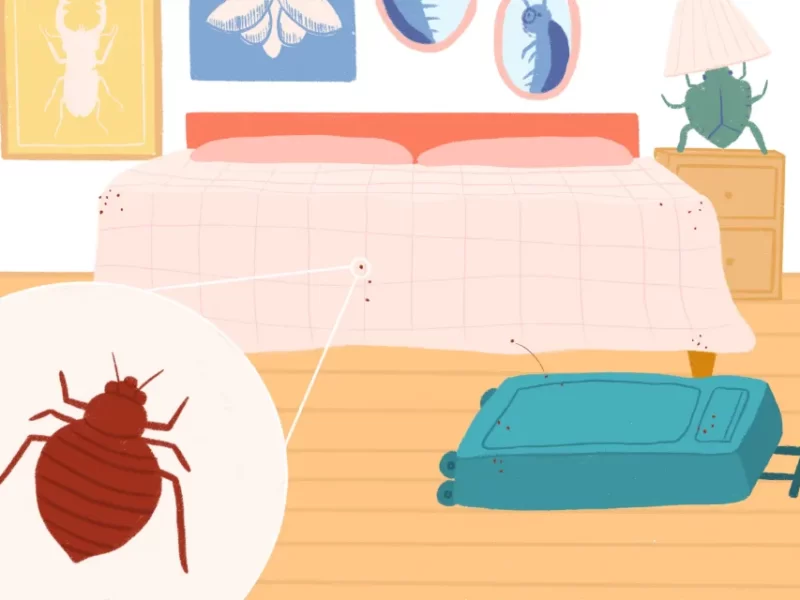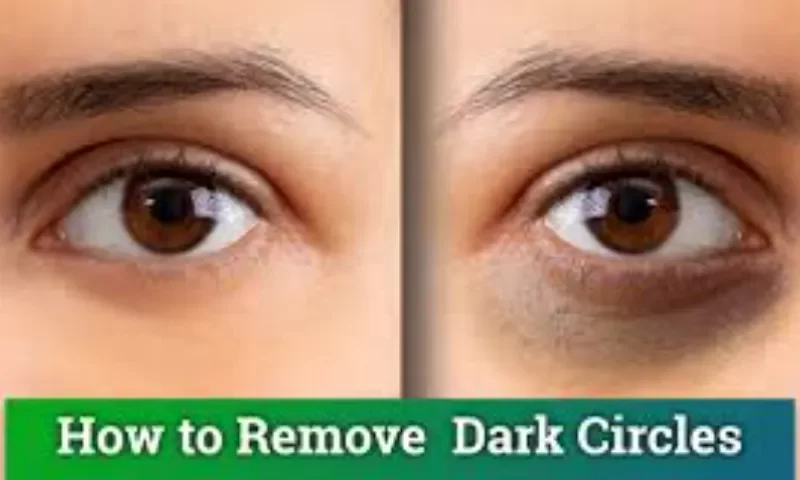If, as a child, the mere mention of blue cheese, anchovies, or garlic made you gag, know that you’re not the only one who has grown to love these foods. According to a recent survey, most adults don’t start to like “grown-up” foods until they are in their early 20s.
Your tongue contains taste buds, which are sensory organs that let you experience the flavors of sweet, salty, sour, and bitter. While your taste buds are located in those tiny bumps on your tongue known as papillae, which are also used for chewing, speaking, and mouth washing, you can’t actually see them.
Your taste buds will be investigated for you in this article. Please keep reading.
What Are Taste Buds?
There are numerous taste buds located throughout your mouth, not just on your tongue. Each taste bud consists of 50 to 100 cells that work together to test your food before you swallow it.
When food breaks down in your saliva, it activates receptors at the cell tips that can distinguish between sweet, salty, sour, bitter, and umami flavors. The receptors then communicate the precise flavor you are tasting to your brain through a signal.
How Often Do Your Taste Buds Change?
Do not be alarmed; taste buds are known to perish and then regenerate after a few weeks. When a person bites their tongue with their own teeth or drinks something very hot and burns the tongue, it kills off some taste buds.
Fortunately, these minor things will renew very soon, and each individual’s taste can then be determined.
Age has an effect on how quickly taste buds regenerate. Since the body regenerates smell receptors and taste buds more slowly as we age, taste changes may begin to occur around the age of 60. Both the sensitivity and the size of taste buds diminish with age.
However, as people age, their taste buds continue to regenerate frequently, changing their preferences and taste. You ought to give something you used to detest but haven’t eaten in a while another try.
You may decide that the broccoli you removed from your salad has now replaced everything else as your favorite food.
Do Taste Buds Grow Back?
Our taste buds simply fade away with time. Keep your composure; it’s not as extreme as it seems. About every two weeks, our taste buds regenerate and die.
Around the age of 40, this process slows down, resulting in fewer buds returning even though the buds are still dying off. When we experience food, we experience it through a different combination of activated cells and a blander flavor due to fewer taste buds.
It’s possible that a “combination activation” that was once delectable won’t taste as good in its new, blander activation, and vice versa.
The subtle change in how your remaining taste receptors signal, say, mushrooms, could make the food suddenly taste amazing as your remaining receptors reorganize to interpret a taste.
The Experience And Development Of Taste
There is a waiting period before the body learns to accept nearly any new food, especially those with unusual or difficult flavor combinations. The biological necessity behind this “waiting period of acquisition” can be understood.”
In essence, this is your chance to evaluate food and rule out toxins, intolerance, or allergies. We can learn to appreciate food when it combines with other factors like physiological acceptability, situational acceptability, and emotional acceptability.

What May Cause Your Changes In The Sense Of Taste?
Age
It might become more difficult for you to detect flavors as you age. In their 40s, some women may begin to lose their sense of taste. When men reach their fifties, the change may take place.
Additionally, any remaining taste buds you have could shrink and weaken. Sweet and salty flavors usually lose their strength first. You might later find it more challenging to taste bitter or sour flavors.
There may be a decline in your sense of smell. Between the ages of 30 and 60, it is at its peak. Then it begins to deteriorate. Some seniors eventually become delusional.
Your sense of taste will deteriorate as you get older. Don’t, however, assume that age is the only factor at play. If the problem is not already treatable, you and your doctor should investigate other potential causes.
Medication
The way your taste buds perceive flavors can be impacted by prescription medications. They might also inject various chemicals into your saliva. If you’re taking:
- ACE inhibitors. You may become less taste-sensitive while taking these and other blood pressure medications. A metallic, bitter, or sweet aftertaste may also be left in your mouth.
- medications such as antidepressants, antihistamines, or others. Your mouth may become dry as a result of them. It prevents flavors from reaching your taste buds.
- Beta-blockers. Taste and smell perception can be affected by these heart medications.
Your doctor might be able to change your medication if it’s a problem.
Illnesses
If any of the following apply to you:
- An infection in your nose, throat, or sinuses
- A head injury, might affect the nerves related to taste and smell
- A polyp or a growth that blocks your nasal passage
- your mouth having an abscess or having other dental issues. That may cause unpleasant substances to enter your mouth. Dentures may also give rise to issues.
A change in taste or smell in some people may be a precursor to Alzheimer’s or Parkinson’s disease.
Cancer Treatment
Your sense of taste may be compromised while receiving cancer treatment if you are:
- Chemotherapy. About half of those who receive it report having taste issues.
- Other medicines. Your taste can be altered by antibiotics, morphine, or other opioids.
- Radiation. Your taste buds and the glands that produce saliva may become harmed. Your sense of smell may also be affected by it.
You might observe that when you eat:
- Some food flavors have changed over time.
- Some foods are bland.
- The flavors are all identical.
- Especially following the consumption of meat or other proteins, you experience a metallic aftertaste in your mouth.
Inform your medical team if any of that occurs to you. Helping you deal with side effects like these is a crucial component of their job. Your taste should begin to slowly improve after your treatment is finished, typically within a month.
Smoking
Pollution is caused by tobacco. It alters your taste and prevents you from detecting smells. Your senses of taste and smell will improve if you stop.



